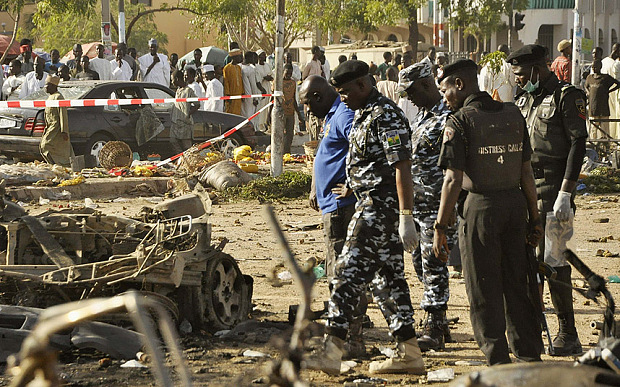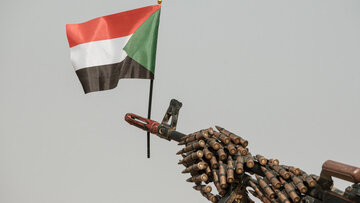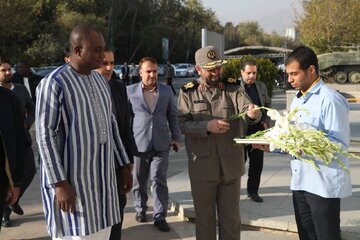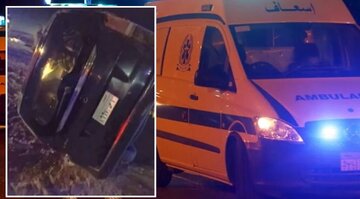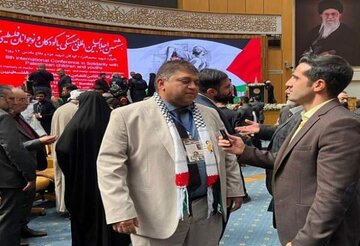Nigeria suffered one of its bloodiest terrorist attacks on Friday when three bombs exploded outside the Central Mosque in the northern city of Kano, killing at least 120 people.
The assault was timed to coincide with Friday prayers and the blasts injured another 260 worshippers.
No group has claimed responsibility, but the incident bore the hallmarks of Boko Haram, a radical Islamist movement linked to al-Qaeda which has killed thousands of people in northern Nigeria and forced over a million to flee their homes.
The Emir of Kano, Mohammad Sanusi II, often attends prayers at the Central Mosque. An outspoken opponent of Boko Haram, he may have been an intended target. However, the Emir was believed to be in Saudi Arabia on Friday.
Three bombs detonated outside the Central Mosque in the heart of Kano as worshippers gathered. Eyewitnesses said that two devices exploded in the courtyard, while a third went off some distance away.
As the blasts tore through the crowd, gunmen opened fire with automatic weapons. "These people have bombed the mosque. I am face to face with people screaming," Chijjani Usman, one of the worshippers, told Reuters news agency.
Another eyewitness, Aminu Abdullahi, said: “Two bombs exploded, one after the other, in the premises of the Grand Mosque seconds after the prayers had started.”
Mr Abdullahi told Agence France Press news agency: "A third one went off in a nearby road. The blasts were followed by gunshots by the police to scare off potential attacks."
Officials later said that over 92 bodies had been recovered from the scene.
With almost ten million people, Kano is the biggest city in northern Nigeria and the sixth largest in the Muslim world. This assault on the mosque was the most serious incident in Kano since January 2012, when Boko Haram killed over 200 people during simultaneous attacks on police stations and government offices across the city.
Mr Sanusi became Emir in June after being sacked as governor of Nigeria’s Central Bank. He was removed from that post for daring to expose corrupt transactions by the state oil company.
Unlike some Muslim leaders in northern Nigeria, he is an outspoken critic of Boko Haram. Earlier this month, Mr Sanusi said: “These people, when they attack towns, they kill boys and enslave girls. People must stand resolute.” He urged citizens of Kano to “acquire what they can to defend themselves” and “not wait for soldiers to protect them”.
Nigeria’s corrupt and ineffective army has proved itself incapable of dealing with Boko Haram.
/129

